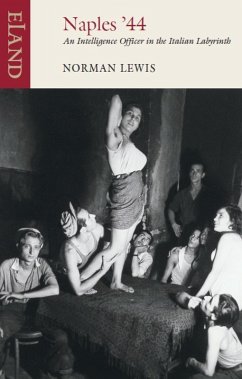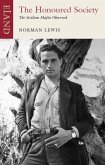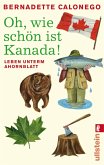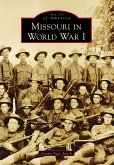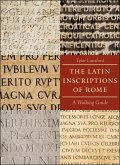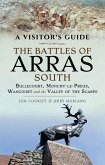Norman Lewis arrived in war-torn Naples as an intelligence officer in 1944. The starving population has devoured all the tropical fish in the aquarium, respectable women had been driven to prostitution and the black market was king.
Lewis found little to admire in his fellow soldiers, but gained sustenance from the extraordinary vivacity of the Italians around him - the lawyer who earned his living by bringing a touch of Roman class to funerals, the gynaecologist who specialised in the restoration of lost virginity and the widowed housewife who timed her British lover against the clock. "Were I given the chance to be born again," writes Lewis, "Italy would be the country of my choice."
Dieser Download kann aus rechtlichen Gründen nur mit Rechnungsadresse in A, B, BG, CY, CZ, D, DK, EW, E, FIN, F, GR, H, IRL, I, LT, L, LR, M, NL, PL, P, R, S, SLO, SK ausgeliefert werden.

